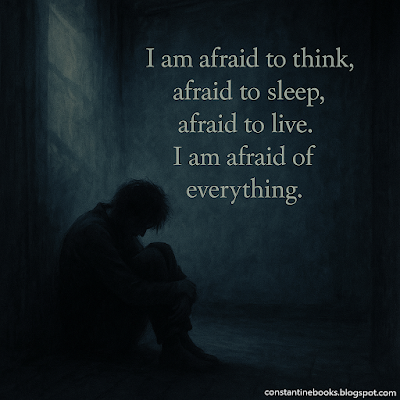Dennis Lehane
Rating: ⭐⭐⭐
Genre: Mystery Thriller
Initial Impression
Starting Since We Fell by Dennis Lehane was a bit challenging for me, especially since the only other book I’d read by him was Mystic River—one of my all-time favorite mystery thrillers and a solid 5-star read. So, naturally, I had very high expectations going into this one.
Summary
Rachel Childs is a woman plagued by frequent panic attacks and mental health struggles. A very public breakdown ends her career as a journalist, prompting her to withdraw from the world, which strains her relationships with family and friends.
Her difficult childhood, marked by the mystery surrounding her father’s identity, leads Rachel to hire a private investigator named Brian to find him. The two form a close bond that eventually turns into marriage. Brian helps Rachel re-engage with life, but soon she begins to suspect that Brian is hiding something. The story leaves readers questioning whether Rachel’s suspicions are justified or if they’re a product of her fragile mental state.
Characters
Dennis Lehane is skilled at crafting strong characters. While I didn’t have a clear favorite in this book, I think he did a solid job with the main characters. The relationship between Rachel and Brian is the heart of the story.
Portraying a protagonist struggling with mental illness adds emotional depth not just to Rachel but also to the plot. Brian plays a key role in a subplot I won’t spoil here, but readers will gradually uncover his true motives.
Writing Style
Lehane’s writing is undeniably excellent. Known for his detailed descriptions and realistic dialogue, both qualities shine through in this novel. Although Since We Fell is categorized as a mystery thriller, Lehane blends in elements of drama and espionage, creating a genre mix that keeps the story layered.
Setting and Atmosphere
The story moves between two main settings: the hectic streets of New York City, where Rachel once worked, and a quiet small town where she isolates herself. The dominant atmosphere is one of psychological tension—whether it’s the turmoil inside Rachel’s mind or the external suspense of the plot.
Emotional distress permeates the story. Rachel’s fear, distrust, and sense of betrayal keep the tension alive, and you can feel that unease vividly throughout the book.
Overall Impression
Overall, Since We Fell was an okay read for me. It didn’t live up to the high bar set by Mystic River. The pacing felt slow, and Rachel’s ongoing mental health struggles, while important, sometimes weighed the story down. I understand the significance of portraying these issues, but when reading a mystery thriller, I expect a bit more engagement and entertainment alongside the emotional weight.
Key Themes
- Mental Health
- Trauma
- Identity and Self-Discovery
- Reality vs. Imagination
- Trust and Betrayal












